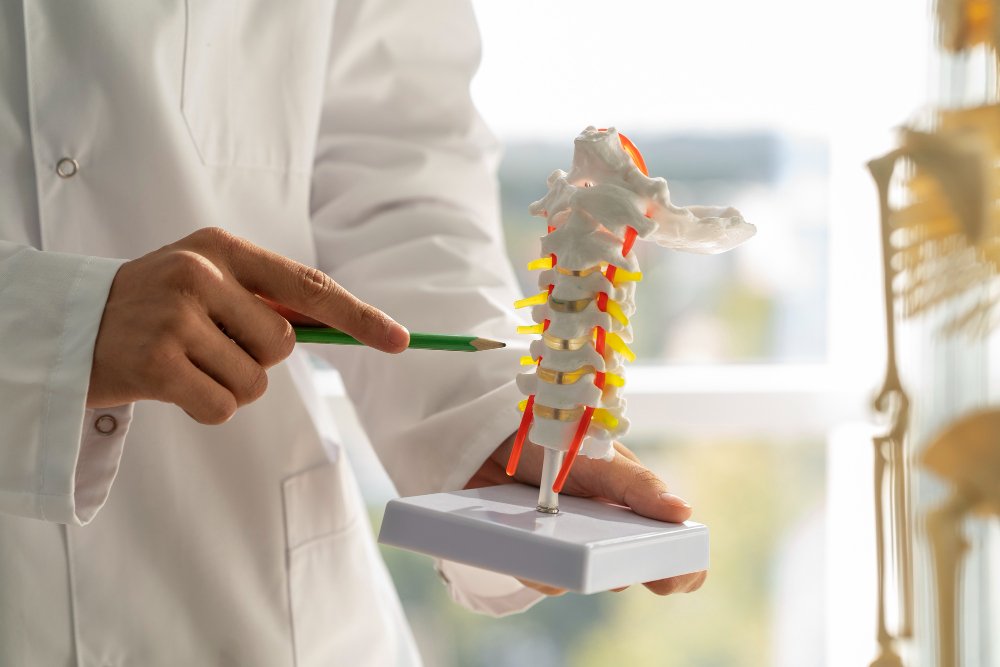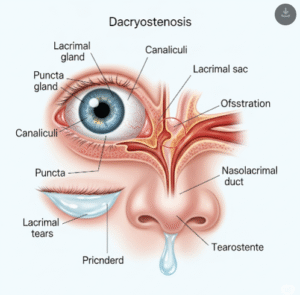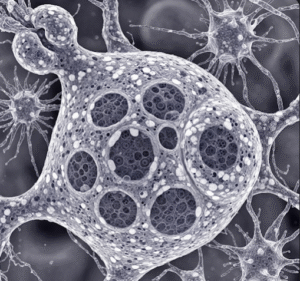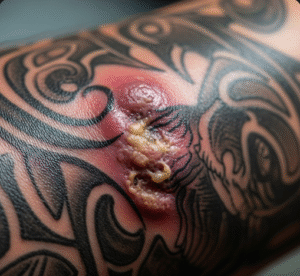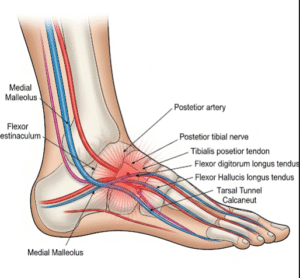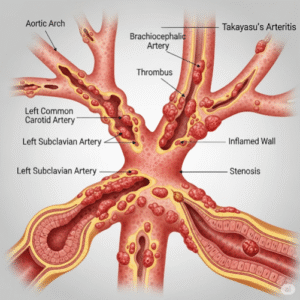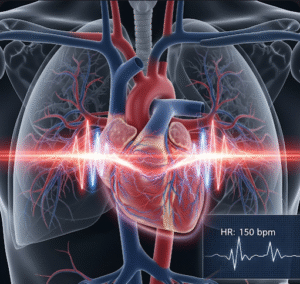Overview
Amyotrophic Lateral Sclerosis (ALS), also known as Lou Gehrig’s disease, is a progressive neurodegenerative disorder that affects nerve cells in the brain and spinal cord. Over time, ALS leads to the loss of muscle control, difficulty speaking, swallowing, and eventually breathing. Though there is currently no cure, early treatment and supportive care can improve quality of life and extend survival.
What is ALS (Amyotrophic Lateral Sclerosis)?
ALS is a condition where motor neurons—nerve cells that control voluntary muscle movement—gradually degenerate and die. This disrupts communication between the brain and muscles, leading to progressive muscle weakness and atrophy. The disease does not typically affect cognitive abilities, although some patients may experience related cognitive or behavioral changes.
Symptoms
- Muscle weakness, usually starting in arms or legs
- Difficulty walking or performing daily tasks
- Slurred speech and trouble swallowing
- Muscle cramps and twitching (fasciculations)
- Weakness in hands, feet, or ankles
- Breathing difficulties in later stages
- Progressive paralysis
Causes
The exact cause of ALS is unknown, but it can be categorized as:
- Sporadic ALS: The most common type, with no clear family history
- Familial ALS: Inherited form, caused by mutations in specific genes (e.g., SOD1, C9orf72)
Additional factors may include oxidative stress, mitochondrial dysfunction, and abnormal protein aggregation.
Risk Factors
- Age (commonly occurs between ages 40 and 70)
- Family history (for familial ALS)
- Male gender (slightly higher risk)
- Military service or exposure to toxins (possible but not confirmed)
Complications
- Loss of ability to speak, eat, move, and breathe independently
- Respiratory failure
- Malnutrition and dehydration
- Depression and anxiety due to progressive disability
- Pneumonia due to aspiration or weak respiratory muscles
Prevention
There is no known way to prevent ALS. However, early diagnosis and lifestyle management may delay progression in some cases. Genetic counseling is recommended for individuals with a family history.
Treatment Options in Korea
Korea offers advanced, multidisciplinary care for ALS patients, including:
Medications:
- Riluzole and Edaravone are approved in Korea to slow disease progression
- Supportive drugs are available to manage cramps, drooling, and mood changes
Physical Therapy & Rehabilitation:
- Customized physical, occupational, and speech therapy programs help maintain mobility and communication
- Assistive devices are provided for walking, eating, and speaking
Respiratory Support:
- Non-invasive ventilation (e.g., BiPAP)
- Tracheostomy in advanced stages if needed
Nutritional Support:
- Dietician-led plans for optimal nutrition
- Feeding tubes (PEG) used when swallowing becomes difficult
Multidisciplinary ALS Clinics:
- Available in major hospitals such as Seoul National University Hospital, Samsung Medical Center, and Asan Medical Center
- Teams include neurologists, therapists, nurses, and social workers for comprehensive care
Palliative & Hospice Care:
- End-of-life planning and symptom relief through specialized units
Research & Clinical Trials:
- South Korea supports participation in clinical trials and ALS research
- Eligible patients may access emerging therapies under expert medical guidance

